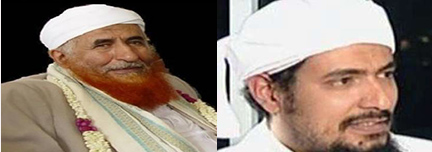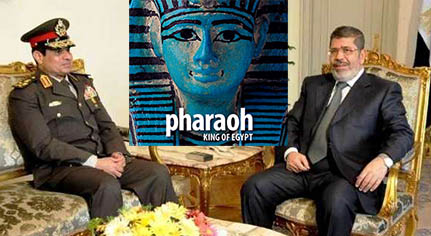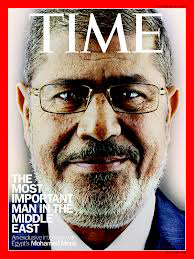
Some journalist pundits follow the Barnum and Bailey freakocentric approach to writing for the public. It really does not matter if they lean to the left or right, since it is never clear where a rational media center would be. I am actually glad that opinion page and editorial commentaries are amalgamated into the acronymical “op-ed” since it removes the genre further away from being taken seriously. There is plenty of hanging red meat around, a recent example being the New York electoral season with former governor Eliot Spitzer running for city comptroller and former congressman Anthony Weiner attempting to fill the shoes of Mayor Bloomburg. Here are two seasoned politicians with two glaring things in common: both fell from grace due to excessive sexual interests and both have wives who have not taken the route of former South Carolina governor Mark Sanford’s wife and jilted.
The tabloids are in paradise over these two. So why not the New York Times as well? I guess that is what prompted Maureen Dowd to unleash her op-edible wit and take down “Carlos Danger” AKA Anthony Weiner. In her piece for Sunday, July 28, she began with the following rhetorical volley:
WHEN you puzzle over why the elegant Huma Abedin is propping up the eel-like Anthony Weiner, you must remember one thing: Huma was raised in Saudi Arabia, where women are treated worse by men than anywhere else on the planet. Comparatively speaking, the pol from Queens probably seems like a prince.
When I puzzle over these opening lines, I am not able to forget one thing: Maureen Dowd must have learned everything she thinks she knows about Saudi Arabia from watching the movie Sex and the City 2. Continue reading A dowdy pundit and an easy target






